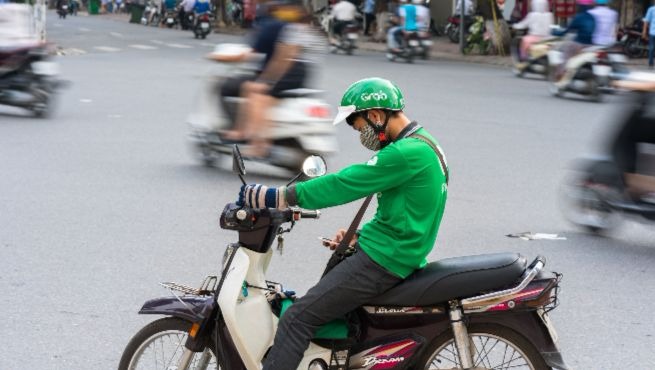The deal marks a huge victory for Grab in the region, who is left without significant competitors outside of Go-Jek in Indonesia

Uber is officially out of Southeast Asia. After months of rumours and speculation, the American ride-hailing giant has sold its assets rival Grab, according to a report from Bloomberg.
The deal would give Uber a 25 to 30 per cent stake in the new business entity formed by the asset purchases in the region. It follows a similar structure to the buyout-for-stake agreement struck between Uber and Didi Chuxing in China in 2016.
Uber’s food delivery service UberEATS will also be sold to Grab in the deal.
Neither Grab nor Uber commented on the deal, but the Bloomberg report stated it could be officially announced as early as Monday in Singapore.
Also Read: 2018 may be the year Uber gives up on Southeast Asia, and other predictions
For Grab, the deal essentially eliminates any competition in most of Southeast Asia outside of Indonesia. Go-Jek remains a formidable competitor in the region’s largest country, but it has yet to foray into international waters. Go-Jek is expected to enter the Philippines this year.
While there does not appear to be any major competitors for now, that can change fairly quickly. If China can be used as an example, in 2016 nobody would have predicted that Meituan-Dianping would emerge as a threat to Didi’s dominance in the country. But, that is where we sit today.
Earlier this month, Bloomberg reported that Grab is once again fundraising, six months after closing a US$2 billion investment led by Didi Chuxing and Softbank.
For Uber, the deal is another piece of evidence pointing to the company’s desire to IPO in the near future. CEO Dara Khosrowshahi has made it his mission to clean up the company’s finances which had been defined by high-growth but extreme losses under Founder Travis Kalanick.
Khosrowshahi is ceding defeat in Southeast Asia, and therefore eliminating the possibility of global dominance, with the hope that the end result will be a business that operates in, or near, the black ahead of a public offering.
This is no given as rival Lyft has proven to be a strong competitor in the United States and most other markets have an Uber-alternative that has become popular (like Ola in India).
As this deal has largely been reported without comment from either Grab or Uber, there is no clear timeline for when customers can expect to wave goodbye to their Uber apps.
Also Read: 2018 may be the year Uber gives up on Southeast Asia, and other predictions
Both companies have received significant investment from Softbank.
—
The post Uber officially sells Southeast Asia assets to Grab, including food delivery service appeared first on e27.